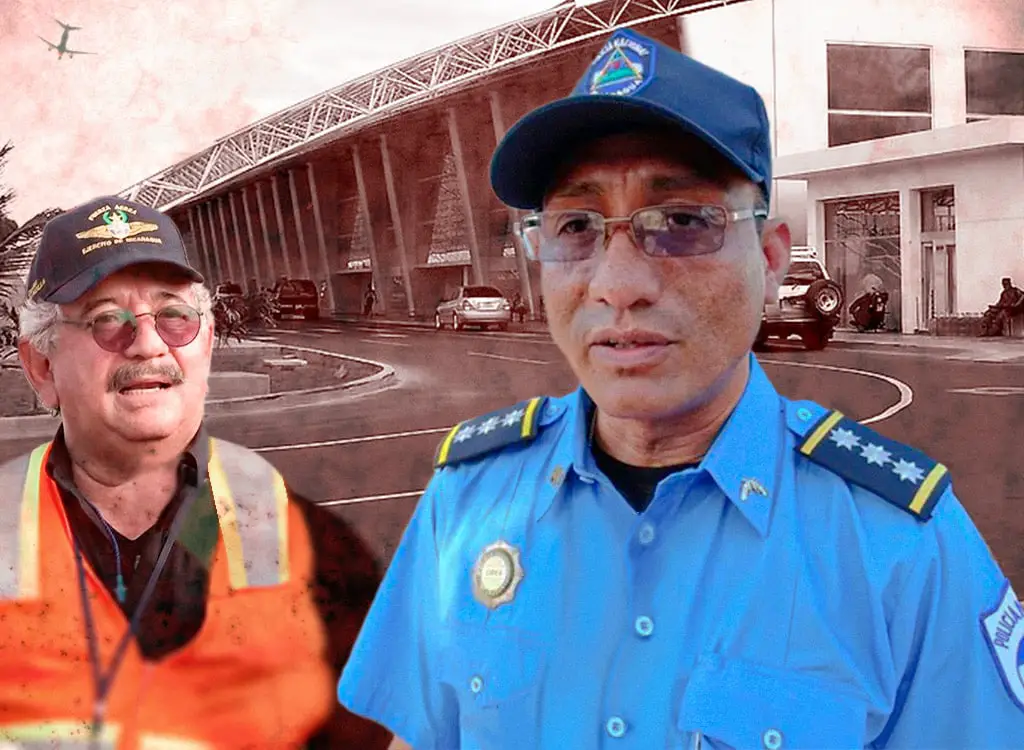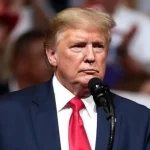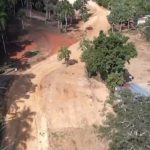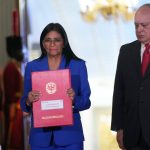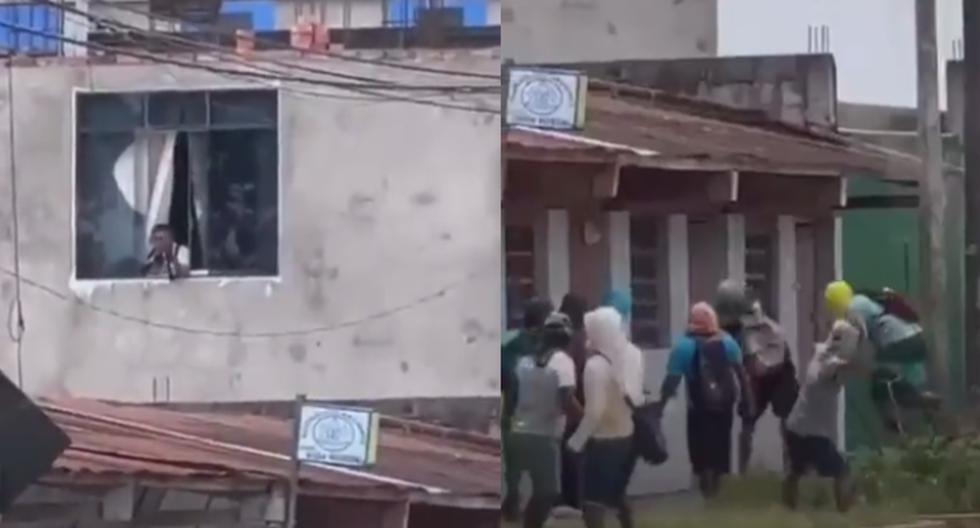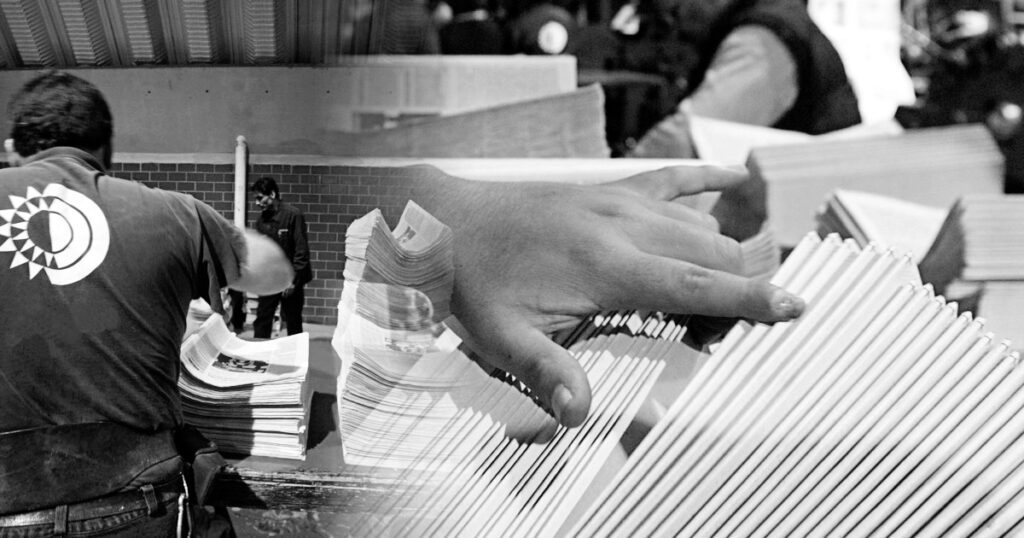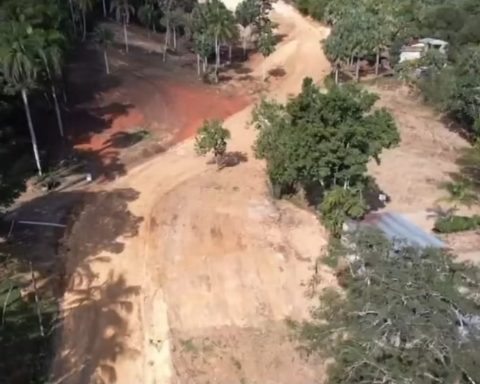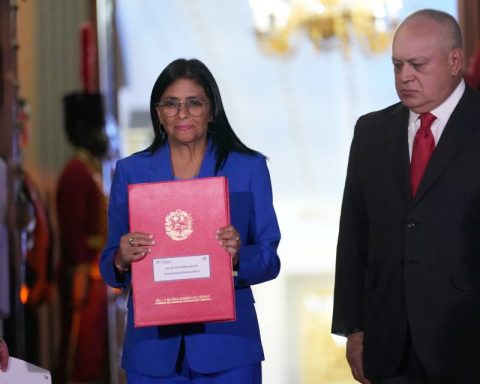The regime of Daniel Ortega and Rosario Murillo granted control of the International Airports Administration Company (EAAI) to police and military commanders, to reinforce political surveillance in a sensitive area such as the Nicaraguan airport terminals, assess specialists in security issues.
Via two presidential agreements, on January 18, 2023, the Ortega-Murillo regime appointed police and military to command posts in the EAAI. These are:
- Senior Commissioner Iván Escobar Ramírez, the new general director of the EAAI, who was previously director of Police Economic Investigations and was transferred on an “external service commission,” according to a subsequent press release.
- Army Captain Marvin Noé Padilla Fonseca, the new deputy director in charge of controlling profits from the country’s airport operations, mainly from the Augusto C. Sandino International Airport of Managua. Padilla is one of the two representatives of the Army in the EAAI and was linked to his vice-management. The other representative of the Army is he Chief of the Nicaraguan Air Force, a position currently held by Colonel Alejandro Marín Serrano, as part of the EAAI advisory council.
“Under the excuse of defending sovereignty, in reality what they are after is to control a sensitive area from the police-military point of view; know what and who enters, and what and who leaves the country. They do so by subordinating civil functions to military ones, in order to strengthen their information network. They want to control the borders, airport, ports, land border posts, everything,” explained an expert on public security issues, who requested anonymity.
EAAI managers are fired after the arrival of uniformed officers
The appointment of these officers led to the dismissal of Aleyda Molina Lacayo from the position of general manager of the EAAI and María Hassan Murillo, as co-general manager of this portfolio.
These dismissals occurred after the repeal, in January 2023, of the co-management positions that these officials held, created by means of a law sent urgently by Daniel Ortega and approved by the National Assembly controlled by the regime. and their political collaborationist allies, in June 2022.
Sources familiar with these situations reported that when the Police assumed control of the EAAI, the retired general commissioner Horacio Rocha –recently reactivated by the regime as presidential adviser with the rank of minister on national security issues– appeared before the Directorate of Civil Aeronautics and ordered the dismissal of its head, Captain Carlos Salgado, who would be at home for a supposed rest .
Police sources and public security specialists consulted by CONFIDENTIAL point out that this movement of the regime is reminiscent of the one carried out in the Financial Analysis Unit (UAF), an instance that also came to be managed by military and police commanders.
The UAF is led by Major General Denis Membreño Rivas and Commissioner General Aldo Sáenz Ulloa, a military-police scheme, contrary to the appointments in the EAAI, which are police-military.
Appointment of police and military to buy loyalties
Elvira Cuadraan expert in public security issues, recalled that this appointment scheme for military and police officers in civilian positions is the result of the process of co-opting the independence of the Police and the Army carried out by Ortega, which began with the reforms to the Military Code and the Police Law.
“It is a practice that has become common for Ortega in recent years, even before 2018, as part of the process of co-optation and maintenance of loyalties in the two institutions. Since the reforms to the Military Code and the Police Law were given, it left some articles that allow it to do that, and we have seen how they now appoint retired or active police officers and soldiers, in positions that are of a civil nature,” explained the specialist.
“The purpose is to ensure the loyalty of the two institutions, but also to maintain control and political surveillance over institutions that play a key role in the general surveillance and control system that exists over the citizenry. The international airport is a key target. We have seen how control over international traffic, whether Nicaraguan or foreign, has become a key issue for the regime. These appointments respond to this control logic, ”he stressed.
The regime has gradually intensified its immigration controls, and this has resulted in the confiscation of passports, the blocking of exits or entrances to Nicaragua, abrupt deportations of foreigners, and even the exile of Nicaraguans.
In 2022, more than one dozen of compatriots they were banished by the regime. In all these cases the same pattern was repeated: they left Nicaragua, and when they were about to return, the airline informed them that the Government of Nicaragua did not approve their entry into the country, so they could not board.
The most recent case —which was made public— was that of the journalist Louis Philippe Palaciosdelegate of the Efe press agency in Nicaragua, who was prevented from entering the country on November 30, 2022, after returning from a business trip from Panama.
In November 2021, the existence of a “red list” of persons of interestmade up of businessmen, social activists, political figures, members of the Catholic Church and officials of the same regime, whose exits from Nicaragua are blocked by the authorities of the dictatorship.
CONFIDENTIAL collected complaints from state workers on a de facto prohibition imposed by the regime to leave Nicaragua, which has even escalated to high officials, such as magistrates of the Supreme Court of Justice and heads of ministries or other State portfolios.
Son of Ortega and his in-law on the board of the EAAI
Ortegaism already had taken steps to reassert control on the EAAI since February 23, 2022. That day, through three presidential agreements, Ortega appointed his son Laureano Ortega Murillo as members of the Advisory Council of the Board of Directors of the EAAI; the director of the Police, the first commissioner Francisco Díaz Madriz, in-law of the president, and José Mojica Mejía, one of the main figureheads of the network of private companies of the Ortega Murillo.
The other members of the EAAI Advisory Council are the director of Migration, Commander Juan Emilio Rivas, the former health minister Sonia Castro, the director of the Tourism Institute Anasha Campbell, Brigadier General Spiro Bassi Aguilar, head of the Air Force of Nicaragua, the director of Customs Eddy Medrano. There are also two representatives from the Caribbean (Arturo Hooker and Nadezdha Fenly Mejía) and Thomas Valdez Rodriguez representing the “private sector”.
The EAAI has been going through a severe financial crisis since 2020, derived from the restrictions imposed by the regime under the argument of the Covid19 pandemic, such as barriers to airlinesamong which was the obligation to know the composition of the crews three days in advance, and to demand that they present vaccination certificates, a measure that It was always incomprehensible to companies in the sector tourism, since in Nicaragua massive activities were promoted that carried high possibilities of contagion.
In June 2022, the Ministry of Health announced the relaxation of those requirementsbut I know maintained the requirement to know the shipping list in advanceapparently, to exercise the abusive veto that the Migration authorities have implemented to prevent Nicaraguans and foreigners who they consider undesirable from entering the country.
It was not until July 2022, that the EAAI finally managed to have a slight surplus in your financesafter two years of presenting deficits, although it still has not managed to recover the level of operations it had before the imposition of the police state in 2018 and the health crisis in 2020.
